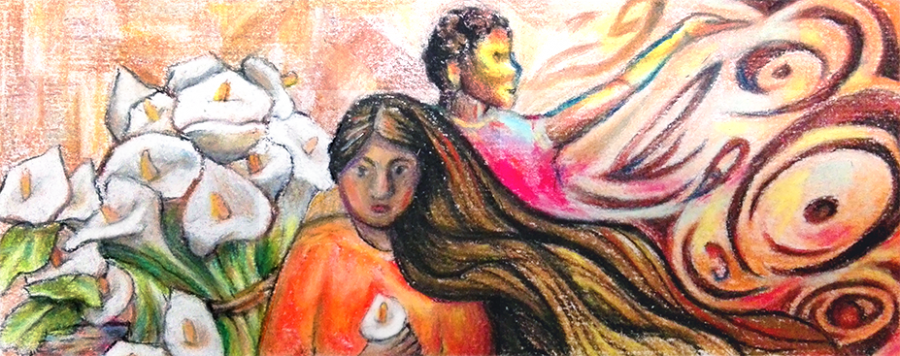Finally being able to read the words of Mexican-American writers who came before me was exhilarating. I was excited for my Mexican-American literature class, but I only attended one class.
Ultimately, the class wasn’t counting toward the diverse perspectives course requirement English majors need to graduate. This class was lower-division, and the requirement for the 2016-2018 Undergraduate Catalog had to be fulfilled by an upper-division course. I hoped there was an upper-division Mexican-American or Latinx literature class still open. I found that there were no upper-division classes even offered.
There is not enough ethnic diversity within the English department’s diverse perspectives requirement. The University must make the English department’s course offerings live up to the label of diversity. It can hire diverse professors who will, in turn, lead to more diverse classes. Students such as myself want to read and study the literature of their heritage as well as be exposed to different cultures.
“Most of the areas for the (English) major are populated by classes focused on either British or American literature — oftentimes with only white, cis, straight, male authors and characters,” said Jacob Hood, an English, sociology and African and African Diaspora studies junior. “I would love to take classes in Latinx literature, queer literature, or Islamic literature, but these classes are rarely offered through the English department.”
“We are an English language department,” said Elizabeth Scala, an English professor and the associate chair of the English department, in an email. “(Literature originally written in English) … is the focus of the English department.”
According to Scala, the department is also committed to diversity in all of its courses, but they are faced with professors retiring or going on leave frequently. The department cannot recruit young faculty at the rate they would like to.
Still, the department has a diverse perspectives requirement. Next semester, the English department is only offering five ethnically diverse upper-division classes that count toward the diverse perspectives credit. Four of the five are centered around black and African American Literature, and the fifth is centered on Latinx short stories. They are also offering the same lower-division Mexican-American Literature and Culture class I was in for a day. These classes are extremely sought-after by Hood and other students looking for diverse options. It is disappointing that, on a campus with such diverse backgrounds, there are only a handful of classes on the course schedule that explore diversity.
Domino Perez, an associate professor of English and the chair of the Cultural Diversity and Global Cultures flag committee, understands the importance of diversity in the courses the University offers.
“I believe that cultural and ethnic diversity are absolutely essential to the educational experience,” Perez said. “Without them, we are not adequately preparing our students for the ever-changing world in which we live.”
Perez ties the issue to faculty as well, “Diverse faculty and diverse course offerings often go hand in hand,” Perez said. “The importance of recruiting and retaining diverse faculty cannot be overstated. The University needs to do more to help departments in these areas. I also think students should make their concerns known to the department and be specific about what they would like to see and why.”
UT administration needs to push for the hiring of more diverse professors who can teach diverse classes in the English department. Hiring diverse faculty to the English department will cater to students’ need for diversity and is the first step.
Torres is a Plan II, English & creative writing junior from San Antonio.





















